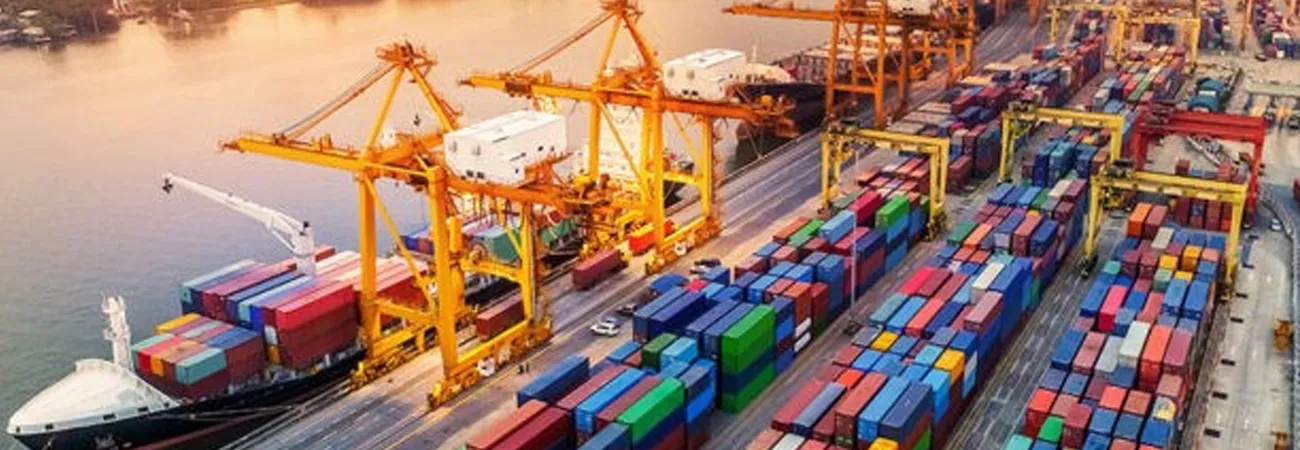i ECONOMY
Experts are increasingly advocating for Pakistan to embrace an export-centric strategy as a linchpin for economic revitalisation and sustainable growth. This approach, rooted in careful analysis and economic foresight, is viewed as a potent driver for fostering resilience and long-term prosperity. Raja Aamer Iqbal, former president of Rawalpindi Chamber of Commerce and Industry (RCCI), while talking to WealthPK, said: "The economic slowdown in FY23 triggered a decline in industrial production, exacerbated by political instability, rising energy expenses, inflation and depreciation of the exchange rate. This downturn has led to the shutdown of numerous industrial units." "A lack of focus on industry is seeing Pakistan lag behind other South Asian countries. As a result, over the last decade and a half, Pakistan has lost its share of world exports, whilst Bangladesh's share doubled and Vietnam's grew seven-fold in the same period," he added. He contended that by expanding its footprint in global markets, Pakistan can tap into diverse revenue streams, offsetting the trade imbalance, and ultimately fostering a more stable economic foundation.
This strategic shift, he argues, is pivotal for mitigating external economic pressures and achieving a sustainable balance of payments. Dr Ghulam Samad, Senior Research Specialist at Central Asia Regional Economic Cooperation (CAREC) Institute, underscored the significance of prioritising an export-centric model for Pakistan. "An economy's growth and development are strongly influenced by its exports. Unfortunately, despite several industrial efforts, Pakistan has not gained momentum on this front." He argued: "We have failed to achieve industrialisation goals in the past due to a variety of factors like low competitiveness, poor infrastructure, lack of product innovation, low factor and ineffective marketing of Pakistani products internationally." Samad highlighted that by prioritising exports across various sectors, Pakistan can hedge against fluctuations in specific markets, ensuring a more resilient economic structure. "Our focus should be on targeted investments, particularly in areas such as machinery, vehicles, auto parts, iron and steel.
Given the significant imports in these areas, our industrial policy must place a special emphasis on engineering, specifically iron and steel, to enhance domestic production and reduce reliance on foreign goods." He said that the narrative building around supporting "import substitution" industries to reduce imports and improve the balance of payments was flawed. "Import substitution means relying on domestic industries to produce goods that were previously imported. However, this approach is not very productive and doesn't make these industries competitive on the global stage." "To move away from import substitution and foster a more robust and competitive economic environment, Pakistan needs to shift the focus towards promoting industries that can compete globally. Furthermore, businesses should be encouraged to export goods and services, which will not only contribute to economic growth but also improve the balance of payments," he opined.
Credit: Independent News Pakistan (INP)









